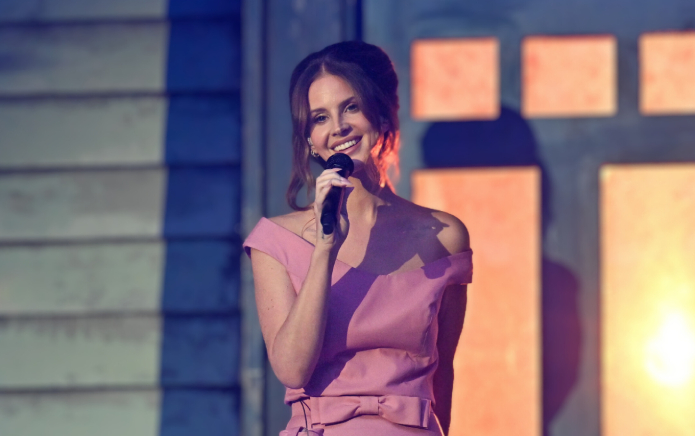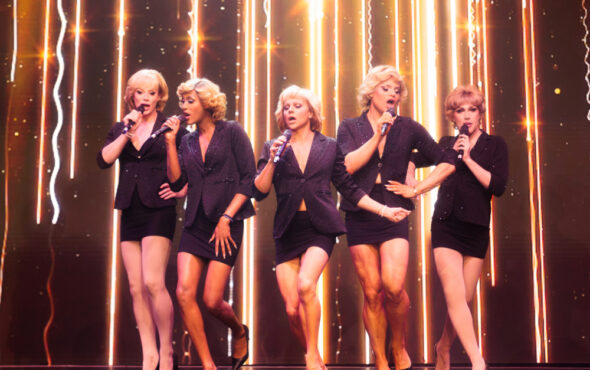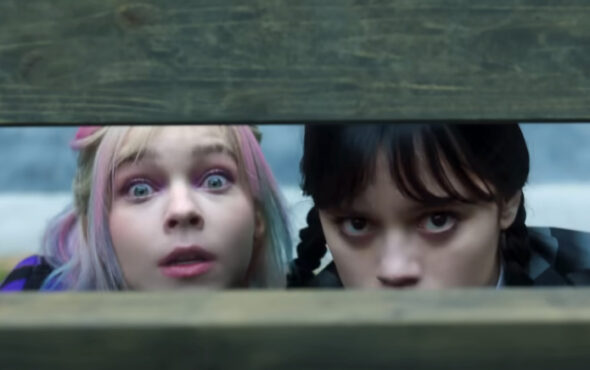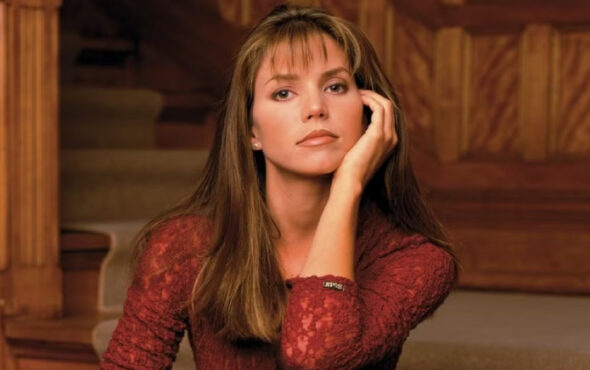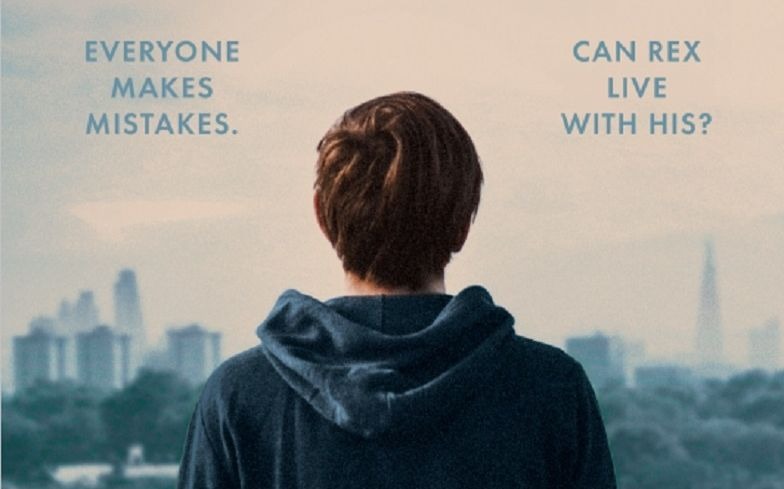
The Boy Made the Difference, the debut novel from Matt Bishop, former communications director for the McLaren F1 team and current communications director for the W Series, tells the story of the effects that HIV/AIDS had on the LGBTQ+ community in London during the late 1980s and early 1990s, in equal parts joyous and harrowing.
The fictional novel follows the Davises, Rex, Jill and Danny, a seemingly conventional nuclear family living in London between 1989 and 1991. However, as the novel develops both father Rex and son Danny explore their sexualities in various, and sometimes risky, ways. The novel mostly follows Rex as he goes cottaging as a closeted man, before falling for blonde bombshell Kenyon Jenkins, the nephew of his tennis club’s chairman, and his attempts to hide his new romance from his family.
Meanwhile, as the family discover Danny’s sexuality, Danny continues to sleep with a Sri Lankan minicab driver, known only by his call-sign, 38, as he begins to feel love for the first time.
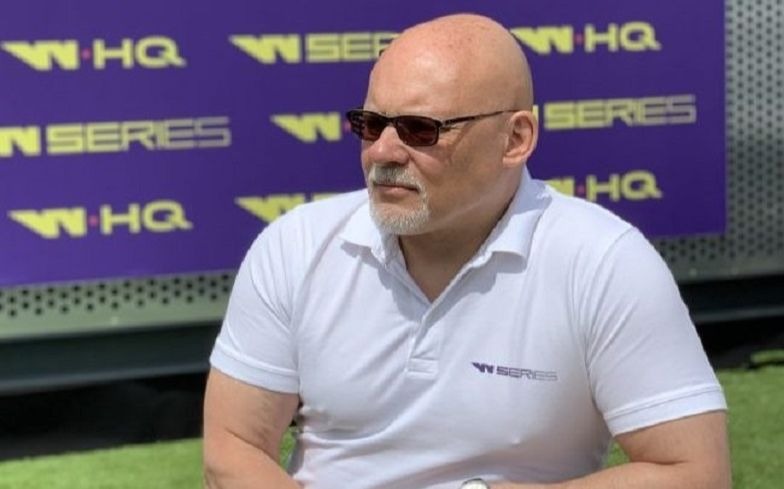
In his writing, Bishop seamlessly blends together an adult and teenager exploring their sexuality, the giddying feelings of first love for both adults and teeangers, and delivers an absolute gut-punch when the the novel reaches its harrowing conclusion.
The Boy Made the Difference doesn’t shy away from displaying the horrors that HIV/AIDS inflicted on people who suffered from it back in the 1990s, when the illness was barely understood; not only exploring its impact on the person suffering from it, but also those people that they grew the closest to during their lives, as family and friends react differently to the news.
Bishop draws upon experience as a home support volunteer, or ‘buddy’, for the London Lighthouse, to deliver this realistic tale and he explains how he “wanted to read a celebration of their magnificent courage, woven into a moving, gripping, entertaining and sometimes rollicking story of everyday familial stoicism.”
"I’m thinking of you, Peter; you, Eddie; you, Paul; you, Chris; you, Darryl; and many, many more."
GAY TIMES recently spoke to Bishop to discuss his debut novel and why it was important for the book not to shy away from showing the true horrors of HIV/AIDS.
What was the motivation behind the book?
I come from a literary family. My mother, Bernardine Bishop, was a novelist, as was her mother, Barbara Lucas. My grandmother’s grandmother, Alice Meynell, was a poet – and a suffragist, too. Her husband, Wilfrid Meynell, was a journalist and editor. I was brought up to revere writers and writing, and to read voraciously. I’ve been working in motorsport for the past quarter of a century, mainly in Formula 1 and now as the communications director of W Series, but I started off as a journalist. I’ve written loads of magazine pieces about Formula 1 over the years, and crafting the words has always been a joy to me. So, combining my literary upbringing with my journalistic experience by writing a novel was an idea I’d had in the back of my mind for years. But there was and is a charitable motive, too. When my mother died in 2013, in her memory we set up the Bernardine Bishop Appeal, to fundraise for CLIC Sargent, a wonderful charity that helps children, young people and their families who are suffering the effects of cancer. I’m a gay man, married to a lovely husband; we don’t plan to adopt kids. So, the Bernardine Bishop Appeal is doubly important to me, because not only does it honour my dear and much missed mum, but it’s also my way of doing something for children, who otherwise play little or no part in my life. I’ll donate all the proceeds from sales of The Boy Made the Difference to the Bernardine Bishop Appeal.
Why do you think the subject of HIV/AIDS doesn’t feature more in modern fiction?
Over the past 10 or 15 years very few new novels have been set against the narrative backdrop of the HIV/AIDS crisis of 30-odd years ago, a literary oeuvre that was both important and popular in the early 1990s especially. In recent years I found myself wanting to read such a new novel. Specifically, having worked 30-odd years ago as a home support volunteer, or ‘buddy’, for London Lighthouse, and having helped too many young men cope with the ravages of their destructive and disfiguring disease, often breathing their last breaths in the Broderip Ward of the Middlesex Hospital, now closed, I wanted to read a celebration of their magnificent courage, woven into a moving, gripping, entertaining and sometimes rollicking story of everyday familial stoicism. Eventually, I decided to try to write one myself, The Boy Made the Difference is my attempt. The dedication is simply ‘To the braves of the Lighthouse and the Broderip’. HIV/AIDS exists in our midst still, especially in the developing world, but it’s rarely now a rapidly terminal disease in the developed world, thanks to the invention of anti-retroviral meds in the mid 1990s, and that’s surely why HIV/AIDS features in so few modern novels. So that’s actually a good thing. But Angel, my husband, is quite a bit younger than I am – he’s 31 and I’m 57 – and, as I got to know him and love him, and meet and grow fond of his many friends, I realised that none of them knew very much about what HIV/AIDS had been like before the invention of anti-retroviral meds. Well, it was terrible. I lost many friends – young, beautiful, kind, loving, clever, brave friends – and I wanted to honour their memory with a novel that would also serve to show today’s millennials what life for gay men had been like not so long ago.
The book doesn’t shy away from the horrors that HIV/AIDS left people with – why was it important for you to show that reality?
I don’t think you can write an honest work of fiction whose narrative backdrop is the HIV/AIDS crisis of the late 1980s and early 1990s without facing its horrors, to use your word. The deaths of dear friends of all ages were a regular reality for almost all gay men back then. I remember when the movie Four Weddings and a Funeral came out, its title reflected the annual social whirl of a group of 30-something Brits. But for my 30-something friends and myself, our annual social whirl was rather different: it was typically four funerals and a wedding, the four funerals being those of young gay male friends cut down by HIV/AIDS before their prime, and the one wedding a celebration of a heterosexual union, because of course same-sex marriage wasn’t allowed in those days. We’ve come a long way since then, thank god. Specifically, without spoiling the plot of The Boy Made the Difference, I can say that one of its characters contracts HIV/AIDS. His story is ultimately a tragic one, but his bravery is also uplifting, and that reflects a reality that I saw many, many times. Prior to falling ill, some of my friends who went on to die in their 20s or 30s in the late 1980s or early 1990s, had been perfectly capable of having a right old hissy fit if they’d scuffed their Reebok Classics on the way to Heaven; yet, when their time came, still in their 20s or 30s, they faced their deaths with amazing fortitude. Just thinking about it, now, after all these years, can easily bring me to tears, and I wanted The Boy Made the Difference to be unflinchingly honest about it. But I don’t think it’s ever gratuitous, and its narrative is far from being all doom and gloom.
How did your experiences at London Lighthouse affect your writing of the book?
Working as a home support volunteer for London Lighthouse, in the late 1980s and early 1990s, was both challenging and inspirational. It was tough, because of the tragedy all around, but the courage of the service users, as we volunteers were trained to call them – never patients, certainly never victims – was often utterly magnificent. I’m thinking of you, Peter; you, Eddie; you, Paul; you, Chris; you, Darryl; and many, many more. So, although The Boy Made the Difference is a work of fiction, and none of the characters is based on a real person, and none of the events depicted actually took place in real life, of course my experiences influenced the way I wrote it, and hopefully added authenticity to it, too. Incidentally, the London Lighthouse building, which was purpose-built in Lancaster Road, Notting Hill, is now the Museum of Brands. That’s a sign of the times, isn’t it?
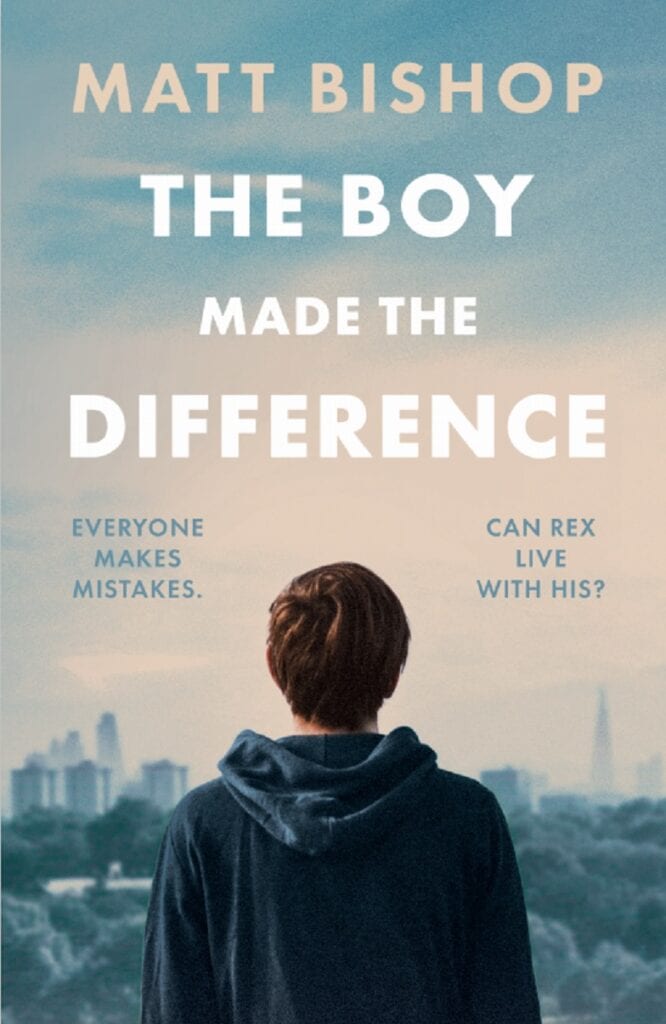
"Prior to falling ill, some of my friends who went on to die in their 20s or 30s in the late 1980s or early 1990s, had been perfectly capable of having a right old hissy fit if they’d scuffed their Reebok Classics on the way to Heaven; yet, when their time came, still in their 20s or 30s, they faced their deaths with amazing fortitude."
How important is it for the younger generations of LGBTQ+ people to recognise what our queer ancestors went through with this disease?
The story of LGBTQ+ emancipation has been long and difficult, and it’s ongoing, for, although life for many of us is easier now than it was 30 years ago, for just as many it’s as hard or harder. Even now, in 2020, dozens of countries still criminalise same-sex relations. The struggle for equal rights must go on. The success of that struggle requires people’s attitudes to change. I think learning from history is always important when it comes to changing people’s attitudes, and that includes recent-ish history. Over the past 30-odd years the story of HIV/AIDS has been central to the shaping of the lives of gay men in particular, but of all LGBTQ+ people too, and HIV/AIDS is still a prolific global killer now, among people of all genders and all sexualities. It’s estimated that 32 million people globally have so far died of HIV/AIDS, and that 38 million people globally are now living with HIV. I think it’s important that everyone knows those things, including but not limited to LGBTQ+ people.
Who do you think might benefit from this book the most, those who lived through the crisis, or those unaware of what life was like back then?
Both, I hope. There are six main characters, four male, two female. Some are LGBTQ+, some are straight. The drama unfolds in and around what appears to be a conventional nuclear family – mum, dad and son – but under the surface it’s far from conventional. But, let’s be honest, when you scratch the surface, which nuclear family is ever really as conventional as it seems? So, for that reason, I hope The Boy Made the Difference will appeal to people who are interested in HIV/AIDS, for whatever reasons, but also to people who are interested in families, in marriage, in love, in sex, in loss, in hope, in fear and in betrayal. I wouldn’t call it a gay novel. I don’t think that there should even be such a thing as a gay novel in 2020, any more than there should be such a thing as a straight novel. We’re all in this weird and wonderful life together, and the more of us think that way the better.
Given your background in motorsport, were you at all tempted to feature that somewhere?
Not at all, no. I wrote The Boy Made the Difference between the autumn of 2017 and the spring of 2018, which was the interval between my leaving McLaren [the Formula 1 team], of which I’d been the communications director for the previous 10 years, and my joining W Series, of which I’m the communications director now. But I felt no need to include motorsport in the narrative. Like most people, I have a number of interests, sometimes they coincide, or overlap; often they don’t.
People are very quick to give labels to other people, so how important was it for Rex to initially not have a label on his love and sexual life?
Rex is a complex character, I think and hope. A husband and father, he’s neither gay nor straight. He’s definitely LGBTQ+ but of course we didn’t classify ourselves that way 30 years ago, which is when The Boy Made the Difference is set. He’s confused, is what he is, and rather selfish. But he goes on a journey, over a narrative that runs through two years, and I think he’s a better person at the end of the novel than he is at the beginning. At the start he’s entirely closeted, which is why he’s so reluctant to label his sex life. I think that was pretty common back in the day. By the end he’s become much more open. But, apart from all that, now, in 2020, I think labelling is rather irrelevant, don’t you? I use LGBTQ+ as a useful catch-all, as most of us do, but I don’t really think it matters what we do or don’t label ourselves, as long as we live and let live.
Have you now fully caught the writing bug, or will this be a one-off novel?
I’ve been a journalist for many years, I’ve always had the writing bug! The Boy Made the Difference is my first novel, but I hope it won’t be my last. My mother wrote five novels, one of them – Unexpected Lessons in Love – was shortlisted in the Best Novel category for the 2013 Costa Book Awards. She was a wonderful writer, far better than I. She was 73, at the height of her literary powers, when she died of cancer. When she was informed that her condition was terminal, she said, ‘All the energy went out of me at that point, I felt dreadfully poor and sad, and I haven’t written since. I’d like to have had a few more years. I’d like to have had a couple more novels.’ I really wish she had. I’m 57, I’m still busy with my work in motorsport, but I hope to find time to write more fiction at some point in the future, if I’m granted the lengthy and graceful end of life that my poor dear mother was denied.
The Boy Made the Difference will be published on August 28. You can pre-order it here.
